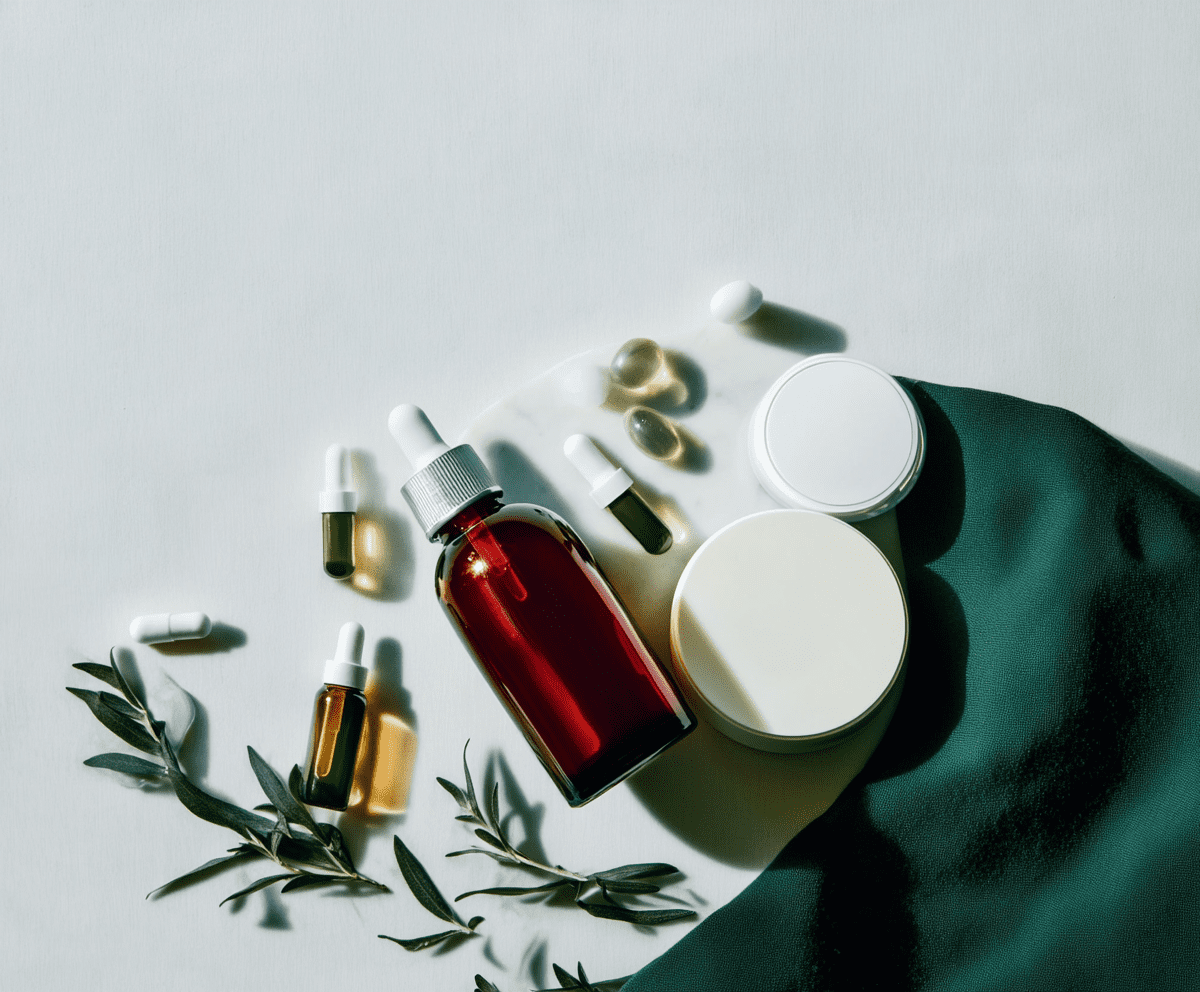The Christmas and New Year period brings with it an abundance of rich foods and occasional overindulgence. This means supporting our digestive health becomes even more crucial – particularly for women navigating menopause. While festive treats and celebrations are part of the joy of the season, maintaining gut health through probiotics can help manage both menopausal symptoms like bloating and the effects of holiday indulgences.
The Menopause-Microbiome Connection
Research has shown connections between hormonal changes during menopause and our gut microbiome. Studies suggest that as hormones fluctuate during menopause, this may influence the balance of bacteria in our digestive system. This natural shift may affect various aspects of health, including how our bodies process nutrients and manage inflammation.
The Role of Gut Health During Menopause
Digestive Comfort
Many women report changes in digestive comfort during menopause. Maintaining a healthy gut environment through diet and nutrition may help support regular digestive function during this transition.
Overall Wellbeing
The gut-brain connection is an area of growing research interest. Some studies suggest that maintaining gut health may influence overall wellbeing, including mood and energy levels – factors that can be particularly relevant during menopause.
Supporting Gut Health Naturally
Fermented Foods
Traditional fermented foods offer natural sources of beneficial bacteria and other nutrients. Common options include:
- Yogurt with live cultures
Dietary Fiber
Fiber-rich foods help support a healthy gut environment. Good sources include:
- Fresh fruits and vegetables
Probiotic Supplements
Supplement Considerations
If considering probiotic supplements, it’s important to:
- Look for products from reputable manufacturers
- Check for appropriate storage requirements
- Consult with your healthcare provider about which options might be most suitable for your specific needs
Remember that probiotic needs can vary significantly between individuals, and what works well for one person may not be as effective for another.
Supporting Your Digestive Health
Lifestyle Factors
Beyond probiotics, other factors that support digestive health include:
- Regular physical activity
- Consistent sleep patterns
Dietary Habits
Consider these general guidelines:
- Stay hydrated throughout the day
- Listen to your body’s hunger and fullness signals
Holiday Season Considerations
During the festive season, when rich foods and irregular eating patterns are common, you might find it helpful to:
- Maintain regular meal times where possible
- Include fermented foods in your daily diet
- Stay hydrated, especially when consuming festive beverages
- Balance holiday treats with fiber-rich foods
Always consult with your healthcare provider before making significant changes to your diet or starting any new supplements, as they can provide personalised advice based on your individual health situation and needs.
References
Santos-Marcos JA, Rangel-Zuñiga OA, Jimenez-Lucena R, et al. Influence of gender and menopausal status on gut microbiota. Maturitas. 2018;116:43-53.
Baker JM, Al-Nakkash L, Herbst-Kralovetz MM. Estrogen-gut microbiome axis: Physiological and clinical implications. Maturitas. 2017;103:45-53.
Bull MJ, Plummer NT. Part 1: The Human Gut Microbiome in Health and Disease. Integr Med (Encinitas). 2014;13(6):17-22.













